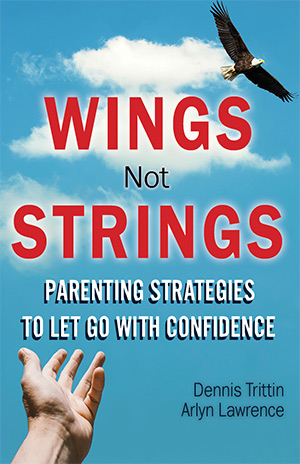4 Tips to Help You Accept Constructive Feedback
9/13/2014 9:36:59 PM
How committed are you to correcting your weaknesses and building your strengths? Do you embrace constructive feedback when it comes your way?
Let’s be honest. Most of us love to receive compliments. Who doesn’t love hearing they did a great job on a project, or that the shirt they’re wearing really brings out the blue in their eyes? But criticism? Not so much. Criticism, even if it’s constructive, can sometimes make us feel guilty, ashamed, or inadequate. It brings out our insecurities and makes us feel uneasy. We often become angry or withdrawn when we receive it. We can be defensive, or, out of hurt, we turn the tables on the people criticizing us by attacking their credibility and motives.
But here’s the thing. If we’re genuinely interested in improving ourselves, we should be just as interested in hearing about our weaknesses as we are our strengths—even if the method of delivery is indelicate. We are, after all, a work in progress!
It’s a great idea to make it a practice to actively solicit constructive feedback from your superiors, friends, teachers, and role models. This means asking them questions such as:
- Am I meeting your performance expectations?
- How can I improve—as a person (or as a colleague or student)?
- What do you see are my strengths and areas for growth?
- Don’t take it personally. If someone criticizes you for something you’ve done, it doesn’t mean they don’t value you as a person. Learn to separate yourself from the criticism and take it at face value. Think of it as a gift from someone who cares about you!
- Keep your focus on the feedback, not the person giving it. Don’t criticize them in return, or question their credibility, character, or motive. Always give them the benefit of the doubt and know that their criticism is helping you become your best self.
- Resist the temptation to interrupt or argue. Assure the person giving you feedback that you’ll take it to heart and consider it.
- Thank the person for the feedback. If it seems appropriate, enlist his or her help for making changes related to the advice given. Set up a time to talk and discuss it further.
- Ask for specific examples of any behaviors needing improvement.
This is especially important for young people to embrace—a challenge when they’re exerting their independence and think they know it all. I adopted this practice early on in life and consider it one of the most valuable life lessons in my career. It made me progress that much faster by seeking the wisdom and feedback of others. It’s a true mark of excellence!
Tagged as: life lessons, career, communication, college academics, success pointers



















